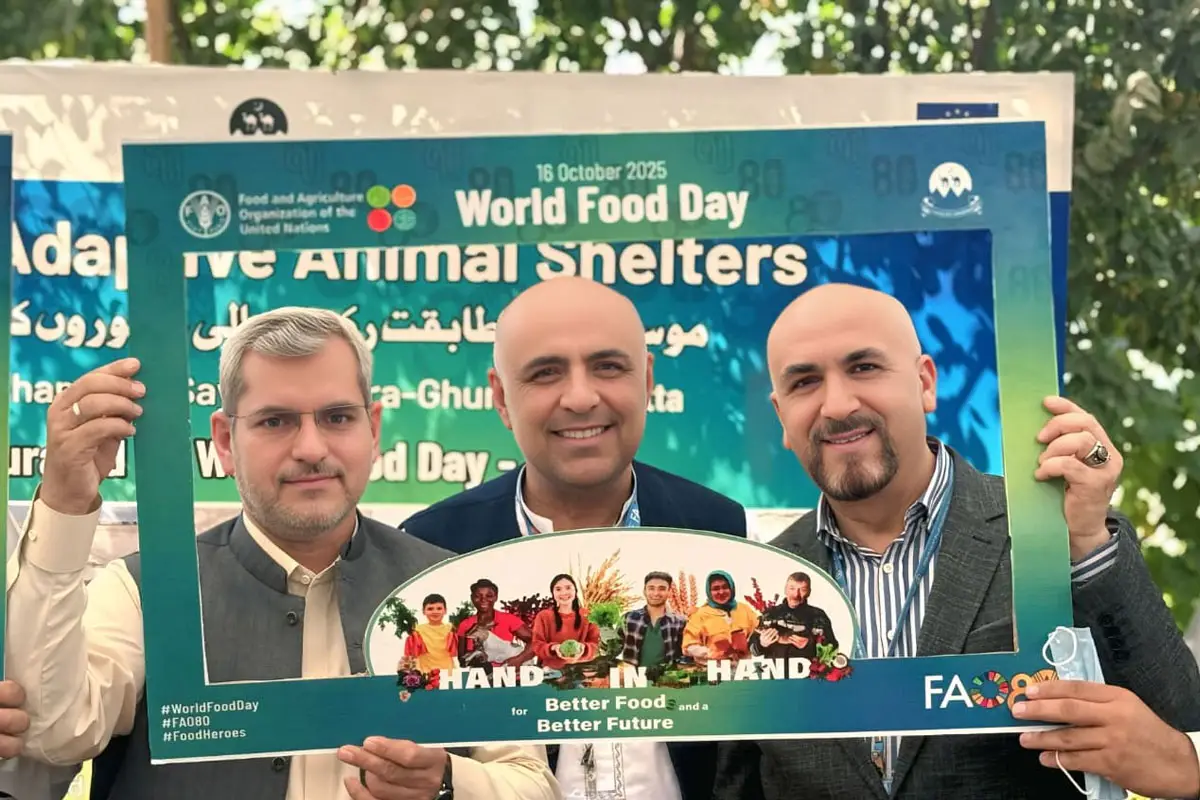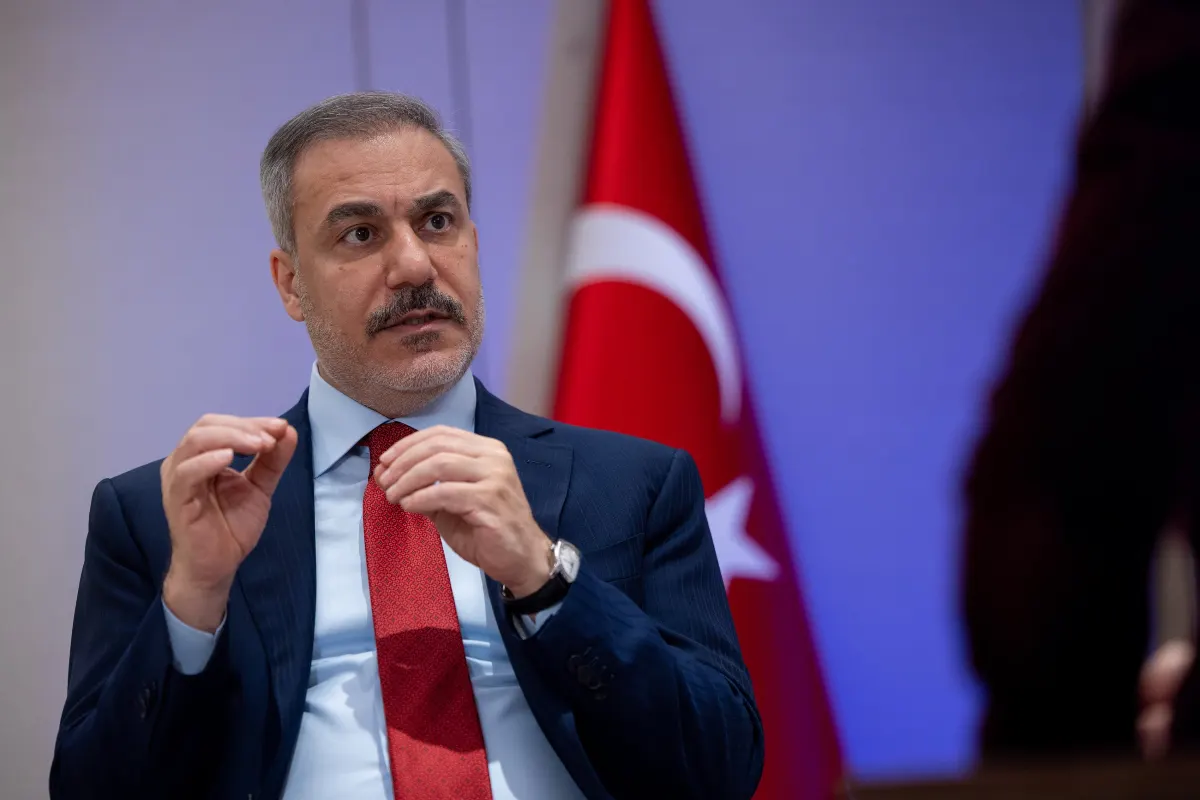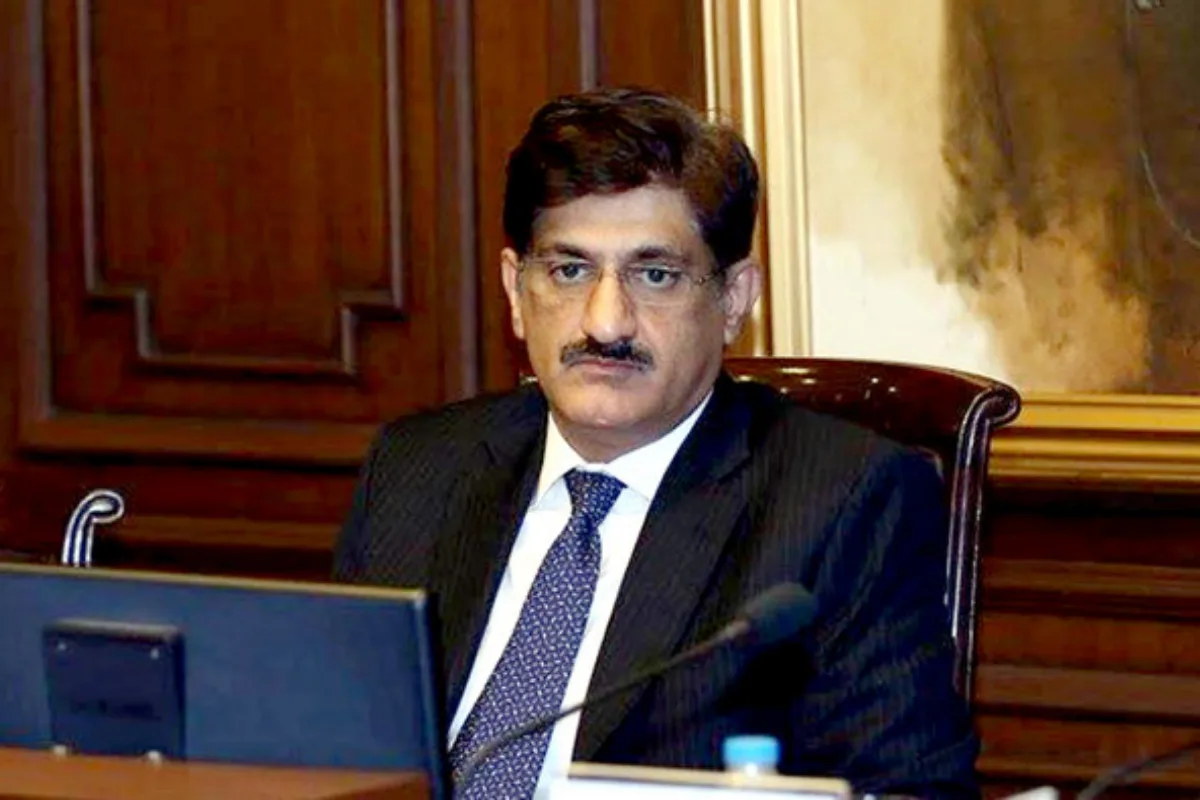FAO and the Government of Balochistan Celebrate World Food Day 2025 with the Inauguration of 400 FAO Constructed Animal Shelters

FAO and the Government of Balochistan Celebrate World Food Day 2025 with the Inauguration of 400 FAO Constructed Animal Shelters
Quetta – Oct 17, 2025: The Food and Agriculture Organization (FAO) of the United Nations (UN), in collaboration with the Government of Balochistan, commemorated World Food Day (WFD) 2025 – “Hand in Hand for Better Food and a Better Future” by celebrating the construction of 99 Climate-Adaptive and 300 Emergency Animal Shelters across the province.
The inauguration underscored FAO’s collaboration with the European Union, the Government of Japan and the Government of Balochistan to promote climate-adaptive and sustainable livestock systems that improve productivity and strengthen rural livelihoods — echoing the spirit of World Food Day 2025 in building a more food-secure future.
To mark the occasion, the inauguration of the Climate-Adaptive Animal Shelter in Killi Gul Muhammad, Quetta was held, and was jointly led by Mr. Tayyab Lehri, Secretary, Livestock and Dairy Development Department, and Mr. Waleed Mahdi, Head of Office, FAO Balochistan, in the presence of Dr. Farooq Tareen, Director General Livestock, agriculture and livestock officers, and community members.
Mr. Tayyab Lehri, Secretary, Livestock and Dairy Development Department, and chief guest of the event, said, “Livestock is the backbone of Balochistan’s rural economy, and the Government greatly values the partnership with FAO and the European Union in building resilience at the community level. As we mark World Food Day 2025, these climate-adaptive shelters stand as a testament to our joint efforts to safeguard animal health and productivity while enhancing farmers’ capacity to cope with climate shocks.”
Mr. Waleed Mehdi, Head of Office, FAO Balochistan remarked, “As we commemorate World Food Day 2025, FAO reaffirms its dedication to building climate resilience, enhancing animal husbandry practices, and promoting inclusive and sustainable livestock systems. Together with the European Union and the Government of Balochistan, we are working toward a more secure and sustainable future for our livestock-dependent communities.”
Through the generous funding of the European Union (EU), FAO under the Revival of Balochistan Water Resources Programme (RBWRP) has provided livestock extension services to equip farmers with technical guidance on animal husbandry, nutrition, and health management. The programme has supported 490 farming households with high-quality fodder seeds covering 1,700 acres and distributed over 100,000 fruit and fodder plants across target districts to enhance feed security and promote ecosystem restoration. It has also introduced modern livestock and farm tools — including veterinary ultrasound machines, weighing scales, egg incubators, butter churners, electric shearing machines, weaving looms, and improved fodder varieties — enabling communities to protect their animals, boost productivity, and strengthen resilience against climate shocks.
FAO, the European Union, and the Government of Balochistan, under the recently concluded Growth for Rural Advancement and Sustainable Progress (GRASP) project, jointly facilitated large-scale deworming and vaccination campaigns for over 384,000 small ruminants, benefiting 4,000 farmers, including 1,000 women. The project also supported value addition and agribusiness development in the livestock and horticulture sectors by equipping farmers and entrepreneurs with modern technologies such as cabinet dryers for grapes, automatic date-pitting machines, and onion graders to enhance processing, reduce post-harvest losses, and improve rural incomes.
The RBWRP represents a transformative model for climate-resilient agriculture in Balochistan — restoring traditional water systems, improving rangeland and livestock productivity, and empowering rural communities to build sustainable, low water use economy for food-secure futures. Its interventions include the rehabilitation of traditional Karez and spate irrigation systems, construction of climate-adaptive and emergency animal shelters, promotion of sustainable rangeland and watershed management, and capacity building through Farmer Field Schools — collectively enhancing water availability, crop productivity, and animal health to help communities adapt to climate shocks.
Catch all the Pakistan News, Breaking News Event and Trending News Updates on GTV News
Join Our Whatsapp Channel GTV Whatsapp Official Channel to get the Daily News Update & Follow us on Google News.













